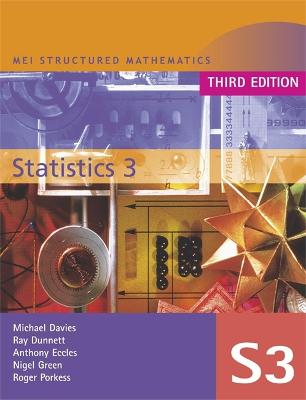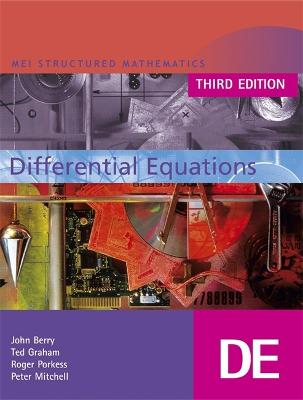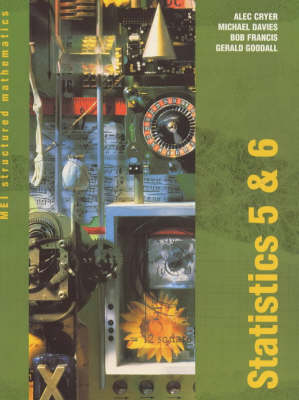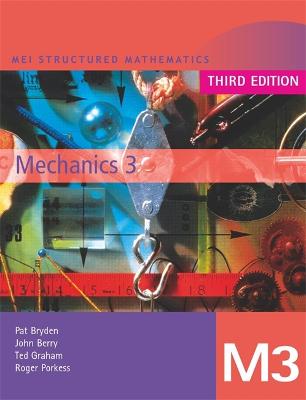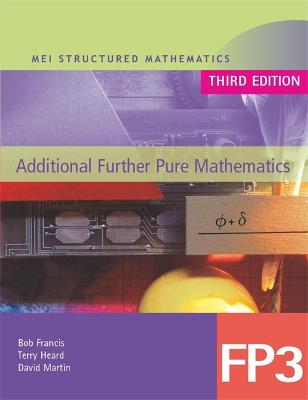MEI Structured Mathematics (A+AS Level) Third Edition
5 total works
MEI Statistics 3 Third Edition
by Anthony Eccles, Nigel Green, Roger Porkess, Michael Davies, and Ray Dunnett
This series, well-known for accessibility and for a student-friendly approach, has a wealth of features: Worked Examples, Activities, Investigations, Graded Exercises, Key Points summaries and Discussion Points. To ensure exam success there are plenty of up-to-date exam questions, plus warning signs to indicate common pitfalls. MEI offer full support to schools through their network with newsletters, training days and an annual conference.
Statistics 3 builds on topics in the two earlier books in this strand. The work on random variables is extended, both from discrete to continuous variables, and also to include linear combinations of random variables. The rest of this book is devoted to inference: sampling methods; confidence intervals; the t test; the Wilcoxon signed rank test and the test for goodness of fit. Taken together with the two earlier books, this book is ideal for any statistics course at this level.
MEI Differential Equations Third Edition
by John Berry, Ted Graham, Mike Jones, Roger Porkess, and Peter Mitchell
MEI Mechanics 3 Third Edition
by Ted Graham, John Berry, Pat Bryden, Roger Porkess, and David Holland
